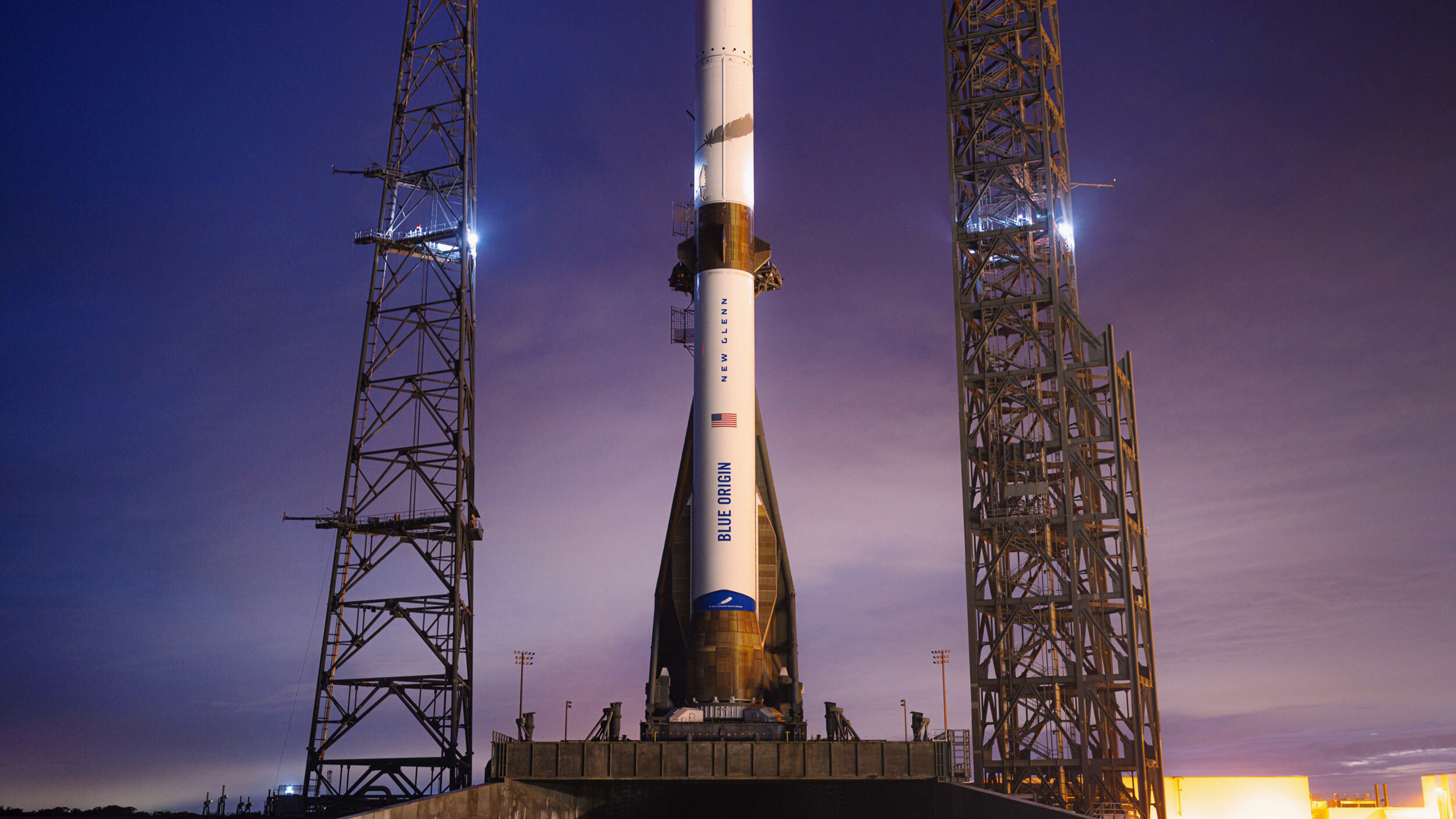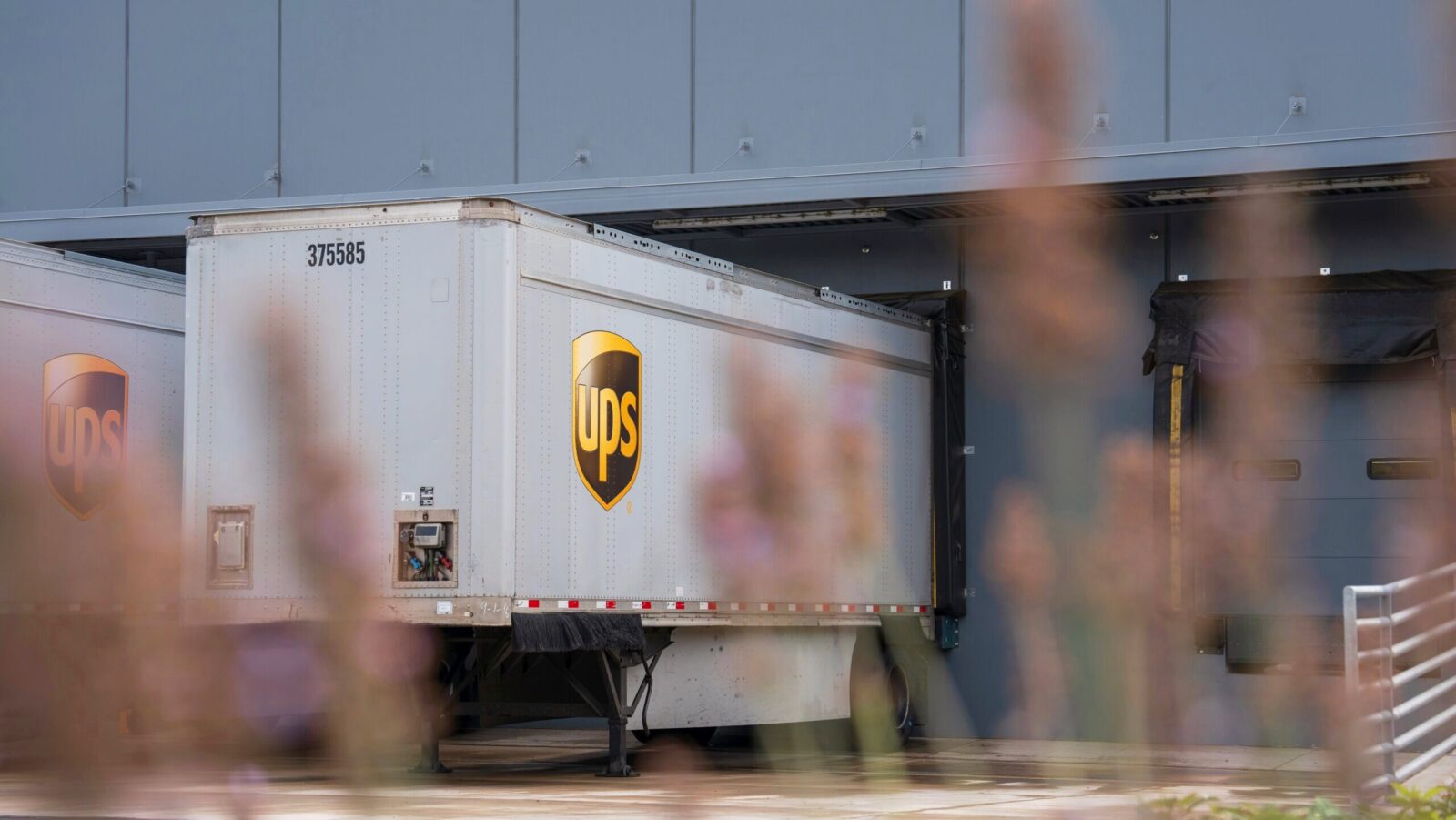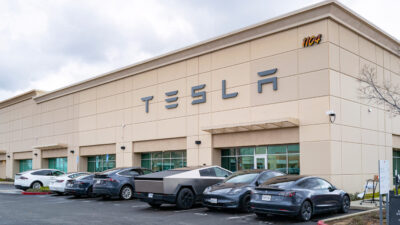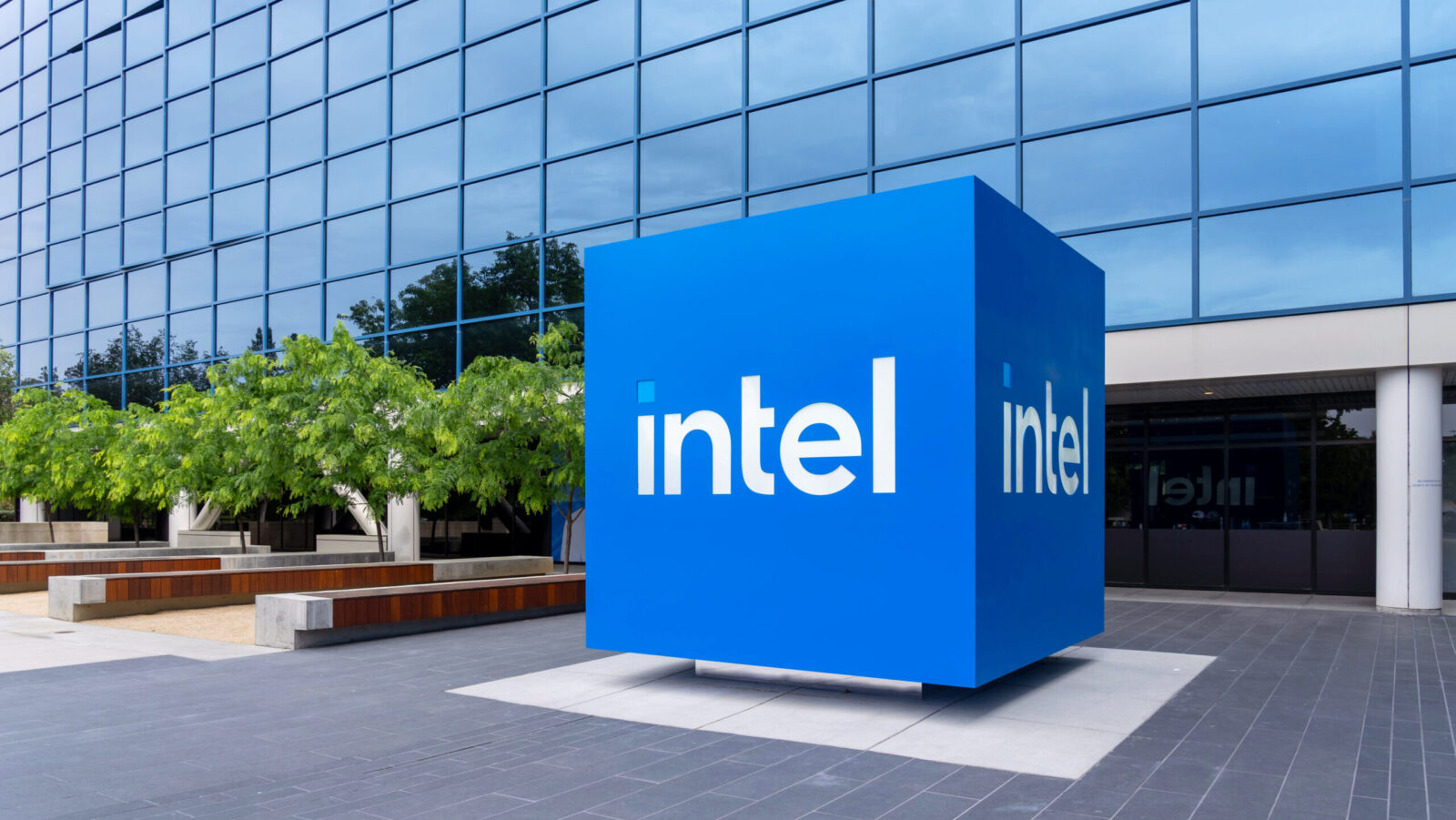Can Blue Origin Fill NASA’s SpaceX Void?
NASA is looking to decrease its dependency on key contractor SpaceX, but Jeff Bezos’s Blue Origin is going nowhere at exactly the wrong time.

Sign up for smart news, insights, and analysis on the biggest financial stories of the day.
The next Blue Origin flight is lifting off in five … four … three … two … wait one minute, please!
As POTUS and his First Billionaire Buddy Elon Musk (very publicly) work out their feelings for each other after a (very public) falling out, NASA is suddenly looking to decrease its dependency on key contractor SpaceX, according to a Washington Post report. The crisis should theoretically be an opportunity for competitor Blue Origin, but Jeff Bezos’s space venture finds itself boldly going exactly nowhere at exactly the wrong time.
Ground Control to Major Jeff
Washington drama has evolved from palace intrigue into a full-blown space opera. At the end of May, POTUS rescinded the nomination of key Musk ally Jared Isaacman to be NASA administrator. Last week, after he departed from the White House, Musk publicly threatened to “decommission” SpaceX’s Dragon space capsule — which, at present, is the US’s only domestic option for transporting astronauts and cargo to the International Space Station. (The last time the US turned to a non-SpaceX contractor, Boeing, it resulted in a “Lost in Space” story the president mused could be good fodder for a romantic comedy). Musk has since moonwalked on his threats, ever so slightly, but even a warning proved enough to spook the government agency.
Since then, NASA has contacted Blue Origin, Rocket Lab, and Stoke Space about their near-term availability for government missions, sources told The Washington Post. Translation: We have billions of dollars worth of contracts that may become available at any moment; who’s ready for them? A successful mission to fly Katy Perry to the edge of the Earth’s atmosphere aside, Blue Origin hasn’t exactly inspired confidence this year:
- Last week, Blue Origin CEO Dave Limp announced that the next launch of the company’s New Glenn rocket, a competitor to SpaceX’s Falcon 9 rocket, would be delayed until August after initially targeting a “late spring” launch.
- That makes the company’s goal of eight launches this year look seriously unlikely. It has only completed one flight so far, in January, which saw the successful delivery of its payload into orbit — though its booster rockets exploded before completing a planned controlled landing. (We believe SpaceX prefers the term “rapid unplanned disassembly” in this context.)
Shoot for the Stars: Blue Origin’s failure to launch (so far) a successful New Glenn business doesn’t just make it an unlikely candidate to fill NASA’s SpaceX shoes — it could seriously imperil a key Amazon mission as well. That’s because Bezos’s other company, the e-commerce/multimedia/cloud-computing giant, aims to become a provider of high-speed satellite internet in an initiative dubbed “Project Kuiper.” But in order to maintain its government license, the company must launch 50% of its 3,236 planned satellites by 2026. Blue Origin, unsurprisingly, is supposed to be a key player in the process … and now its rocket launches are stalling. Hey, Jeff, would it help if we got out and pushed?











